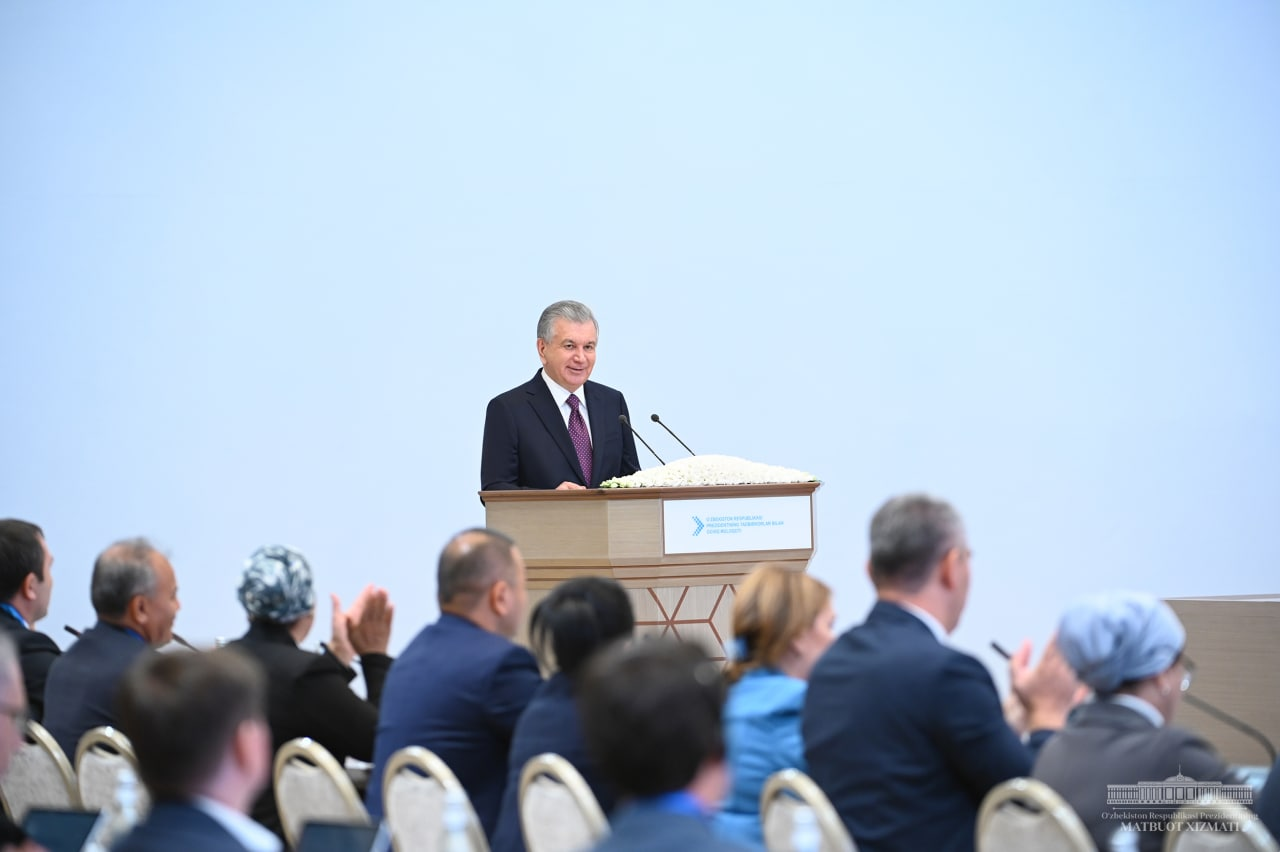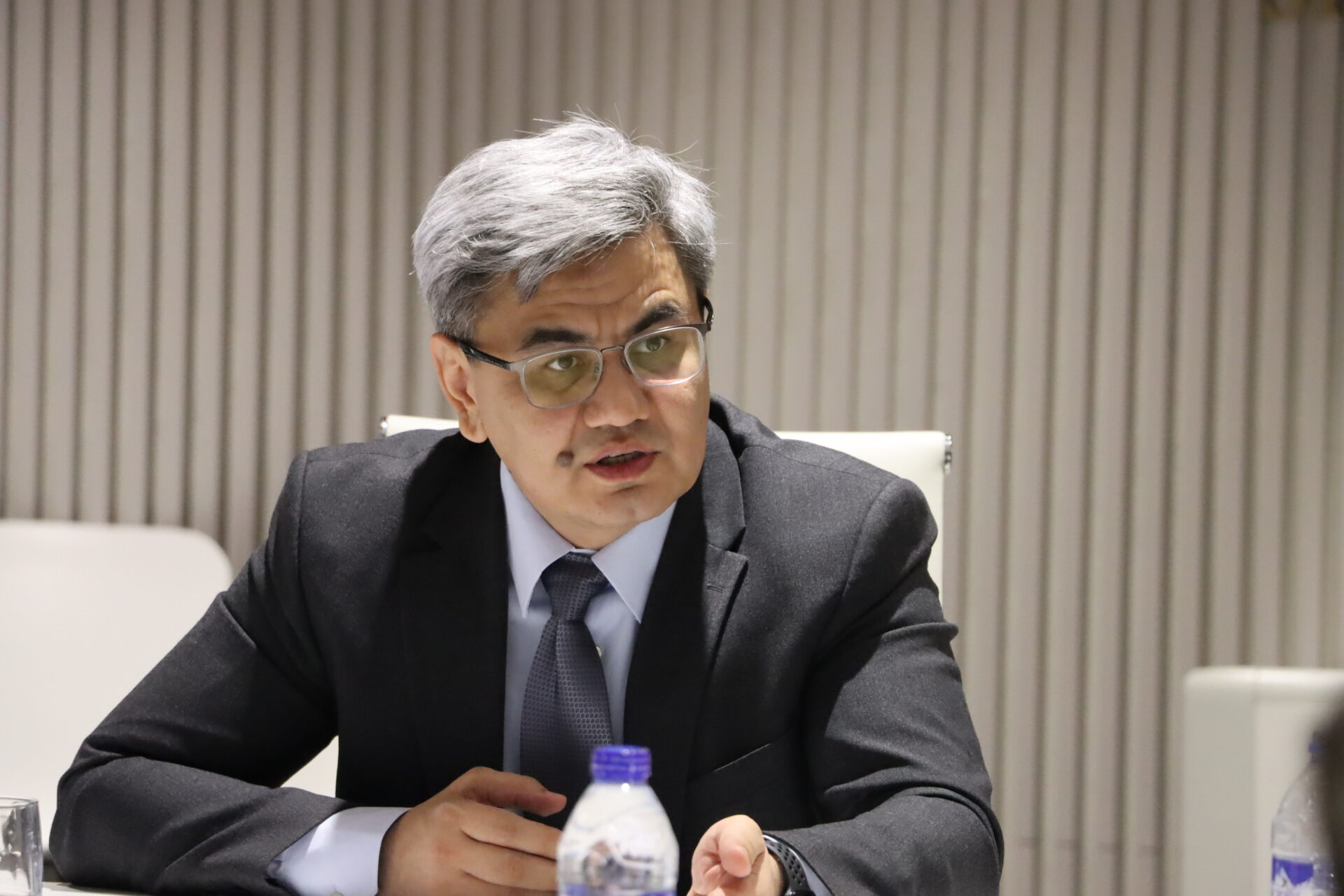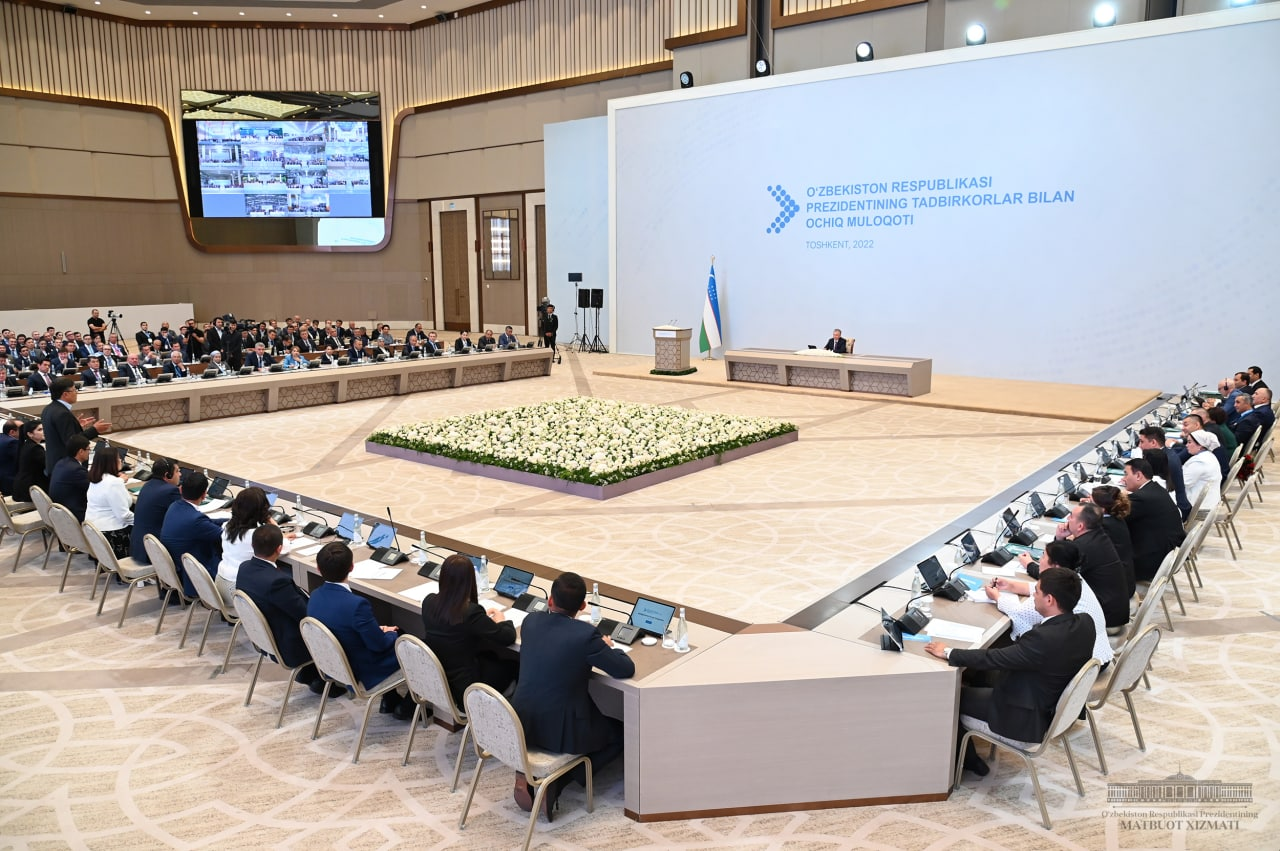On August 22 of this year, President Shavkat Mirziyoyev held the 2nd Dialogue with entrepreneurs, during which the problems hindering the development of entrepreneurship were identified and ways to solve them were outlined. Based on the analysis of business development trends and appeals of entrepreneurs, 5 main directions of support for the development of entrepreneurship were identified.
The 1st is separate approaches which will be introduced to support enterprises by dividing them into the following categories: microbusiness (annual turnover up to 1 billion sums), small business (up to 10 billion sums), medium-sized businesses (up to 100 billion sums). From January 1, 2023, a unified tax rate of 4% will be introduced for microbusiness instead of the current turnover tax rates from 4 to 25%. Moreover, enterprises moving from small to medium-sized businesses will pay only 50% of income tax for 2 years; 50% of property insurance costs will be compensated by the state; a 20% quota for public procurement will be established for them, within which they will be paid an advance of 50% (now 15%). In addition, a reduction in the value-added tax rate to 12% from January 1, 2023 was announced. Also, the debts of entrepreneurs in the amount of 2 trillion sums will be written off.
The 2nd is the creation of a more favorable financing system. 20 trillion sums will be allocated for small business projects. Definite agreements have been reached on the opening of long-term credit lines for entrepreneurs worth $1 billion. Of these, $300 million will be allocated for women's and youth entrepreneurship projects. The capabilities of the State Fund for Entrepreneurship Support to provide guarantees will be increased 2 times (currently – 10 trillion sums). When granting a loan, negotiable goods, export contracts, open letters of credit and future receipts can now be used as collateral.

President of Uzbekistan Shavkat Mirziyoyev
The 3rd is special approaches which will be introduced to support businesses based on the conditions of districts and cities. Starting next year, all districts and cities will be divided into 5 categories according to their conditions, in which special taxation regimes, subsidies, interest compensation on loans, guarantees and infrastructure connections will be determined. Large industrial zones for 100 enterprises will be created in all regions. The established amount of payment for the privatization of land amounting to 20 times the amount of land tax will be reduced 10 times in Tashkent and regional centers, and 5 times – in other regions. The auction period will be reduced from the current 80 to 30 days. The term for leasing vacant properties through an auction will be extended from 1 year to 3 years.
The 4th is the protection of entrepreneurs' property. The cancellation of decisions on the allocation of land and property will be carried out only in court. It is not allowed to transfer or withdraw funds from an entrepreneur's bank account without his consent, excessively collected funds must be returned in a timely manner. When entrepreneurs apply to administrative courts, the state fee rate will be reduced 2 times. The deadline for appealing the decision of the tax authorities in court will be extended from the current 1 month to 3 years.
The 5th is control over the activities of entrepreneurs and holding them accountable. Criminal liability for violation of trade rules will be completely abolished. A moratorium will be announced for a period of 3 years on the introduction of new types of liability and penalties against entrepreneurs. The Chamber of Commerce and Industry (CCI) will be completely removed from the subordination of the government. It will be given the right to submit mandatory issues to the government, to file lawsuits to the Supreme Court in the interests of entrepreneurs. In order to implement the proposals made during the open Dialogue, it was instructed to form a Public Council for the Support of Entrepreneurship under the President.
Increasing the targeting of support Analysis of the President's speech during the 2nd Dialogue with business suggests that this year there have been fundamental changes in the policy to support entrepreneurship, we can say that its paradigm is changing. If earlier emphasis was placed on support by industry and social characteristics, now approaches to business support are differentiated based on the dynamics of enterprise growth and territorial principle. That is, the targeting of the measures taken is significantly enhanced which should make the policy much more effective.

Obid Khakimov - Director of the Center for Economic Research and Reforms under the Administration of the President of the Republic of Uzbekistan
In world practice, small business, making up the overwhelming number of economic entities, thanks to this provides a very competitive environment in which the most successful entities grow, turning into medium-sized and then into large enterprises, some of which eventually become world brands. The 2nd Dialogue with entrepreneurs was aimed precisely at such measures to stimulate business.
For many years, the problem of dynamic business growth has not been solved, since it was more profitable for enterprises to split into smaller ones than to develop as a whole. And finally, a mechanism for solving this problem has begun to take shape based on a differentiated basis for the support provided which will stimulate the dynamic growth of the most successful enterprises.
To the date, business in the regions of Uzbekistan, especially in remote areas, is far from equal since, on the one hand, it requires more expenses for the creation of related infrastructure and, on the other hand, it is more limited in income based on the possibilities of less capacious local markets. All this makes it very difficult for business to pay all the necessary deductions in the same mode of activity that operates in more developed regions and in large cities.
Another cardinal change in current approaches is the change in the status of the CCI. All over the world, the CCIs are public associations of entrepreneurs whose main goal is to defend the interests of business. In our case, it did not so much represent the interests of business in the authorities and management as it was engaged in the implementation of government policy to support business which also caused confusion on the part of entrepreneurs for a long time. And removing the CCI from the subordination of the government and giving it new powers is also a very important step in strengthening the protection of business interests.
Such drastic changes in the policy of support and development of entrepreneurship require very serious efforts from the bodies of the economic block of public administration. The new measures announced by the President require significant changes to the already well-established schemes of existing procedures and tools, introduce new criteria based on new approaches and these are very complex and responsible processes that need to be implemented in a short time. But despite this, the President by his political will as the Head of State, has set new goals and objectives that radically change approaches to supporting entrepreneurship and, at the same time, are as favorable as possible for business and its further development.
Opinion by Obid Khakimov - Director of the Center for Economic Research and Reforms under the Administration of the President of the Republic of Uzbekistan

